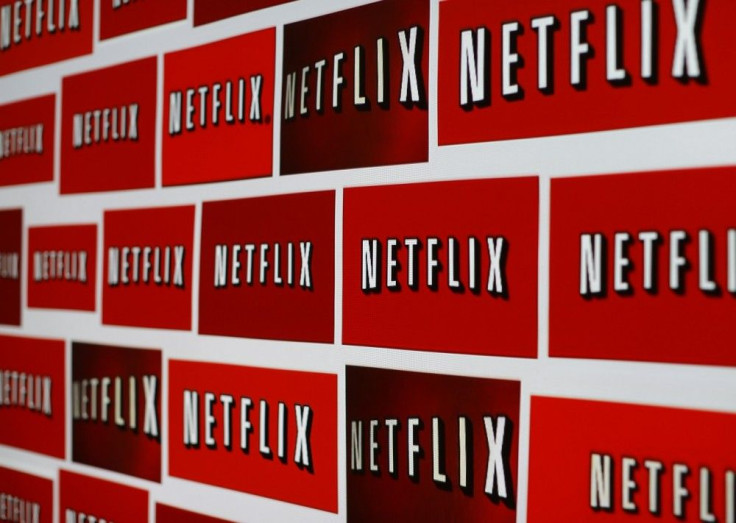UK's Power Sector May Face Break Down As Rising Web Use Will Exhaust Power Supply In 20 Years

The world, wired in Internet for information and entertainment has some disconcerting news from the U. K. The rising use of web is reportedly straining the economic infrsatructure of the country and the pressure on power and telecom infrastructure will lead to a power break down in another 20 years.
Experts say the increasing web use is threatening Britain’s power capacity and it will consume 100 percent of the total power capacity in the next 20 years. If the net consumption is allowed to continue at this rampant rate, Britain will also be forced to ration the internet, the expert warned.
At present 16 percent of the power in U.K is consumed via the internet, and the amount keeps doubling every four years. This is in stark contrast to the global scenario, where only two percent of power is used by the web. In Britain, the demands of popular video-streaming websites including YouTube and Netflix are putting unprecedented strain on the communications infrastructure. Power crisis apart, there is also the problem of internet itself facing ‘capacity crunch’ in another eight years and may fail faster data. According to experts, cables and fiber optics offering data to users may reach their upper limit by 2023.
New Business Model
It is likely that the emerging situation will force many Internet companies to come up with new business models as they spend more on additional cables with the consumers forced to shell out more. Andrew Ellis, professor of optical communications at Aston University said, “that is a completely different business model. I think a conversation is needed with the British public whether or not they are prepared to switch that business model in exchange for more capacity.”
Industry Meeting
Meanwhile, industry leaders are meeting soon at London’s Royal Society to discuss the impending “capacity crunch” faced by Britain’s internet companies. According to Ellis, unless there is timely action, optical fibres could reach their optimum limit in eight years. “Since we had the first modem, the capacity people have been able to achieve has been growing exponentially, doubling every two years," he said.
Ellis said more capacity cannot be added in one fibre, and there are signs of slowing since 2010. He said the major telecom operators alone account for national energy consumption equivalent to the output of three nuclear power stations, and rising internet demand would put the power sector in serious crisis. He said if companies use more cables to improve service there will be will be "some sort of demand management."
There are also experts certain of a solution. Andrew Lord, head of optical research at BT said keeping the data in large ‘server farms’ rather than transferring could be the answer.
(For feedback/comments, contact the writer at k.kumar@ibtimes.com.au)






